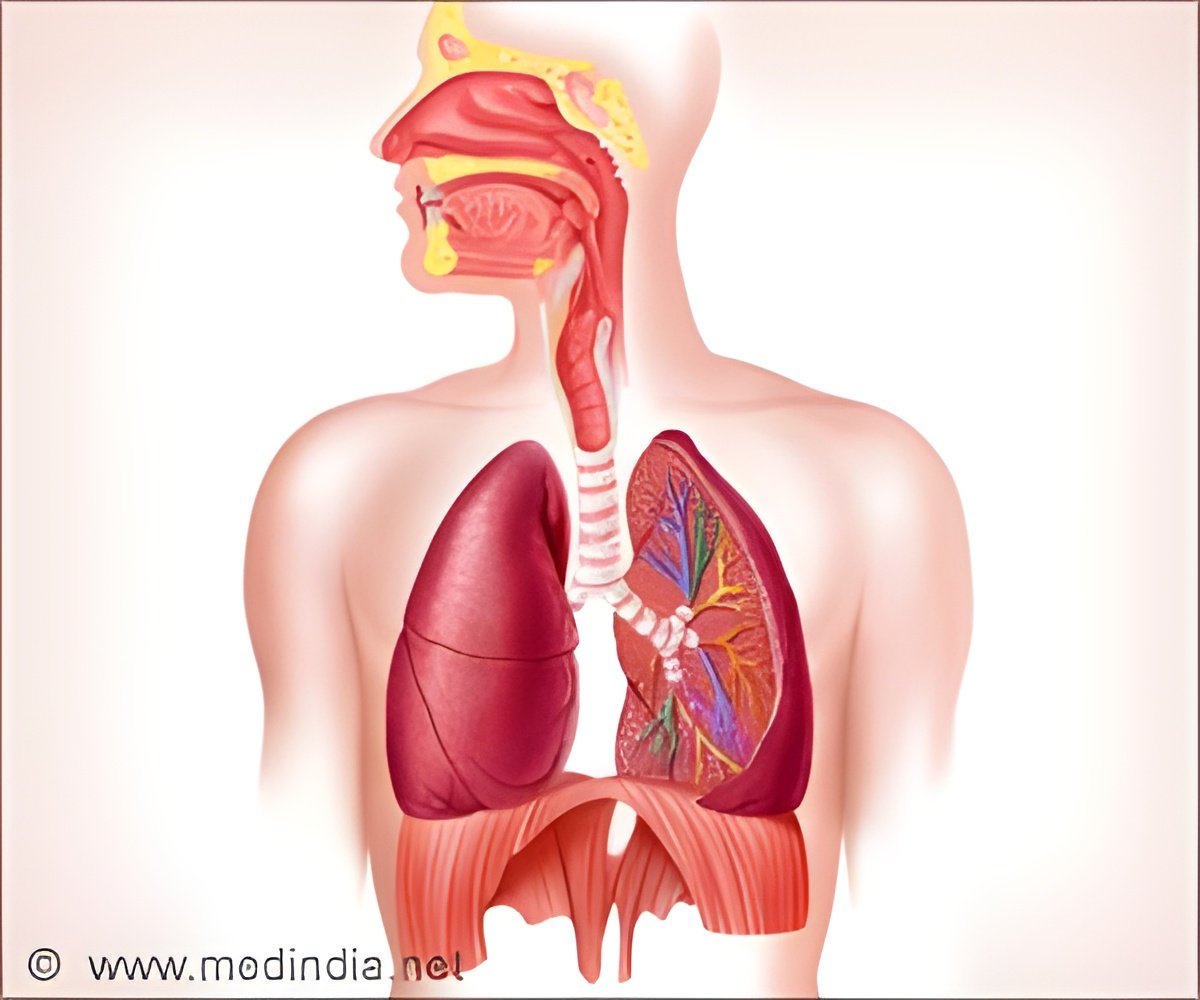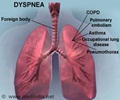Fan therapy and bi-level ventilation helped relieve breathlessness lasting for a few minutes to a few hours for patients with advanced cancers admitted to the hospital.

‘Fan therapy and bi-level ventilation helped relieve breathlessness lasting for a few minutes to a few hours for patients with advanced cancers admitted to the hospital.’





Researchers found several nonpharmacological interventions, including fan therapy and bi-level ventilation, were linked to improved breathlessness in a systematic review of 29 randomized clinical trials of breathlessness in 2,423 adults with advanced cancer. Bi-level ventilation is the air pressure delivered through a face mask covering the mouth and nose). A more comprehensive companion report, including results from both nonpharmacological and pharmacological interventions for breathlessness, was published the same day by the Agency for Healthcare Research and Quality (AHRQ), which sponsored this study along with the American Society of Clinical Oncology (ASCO) and the Patient-Centered Outcomes Research Institute.
These findings inform an upcoming ASCO Clinical Practice Guideline on managing breathlessness in patients with advanced cancer.
"Breathlessness, or dyspnea, is a common and distressing symptom in patients with advanced cancer," says lead author of the JAMA Oncology article, Arjun Gupta, M.D., chief medical oncology fellow at the Johns Hopkins Kimmel Cancer Center.
"Breathlessness can be associated with and made worse by accompanying anxiety, and can severely impact quality of life and exercise capacity. In patients with advanced cancer, treating the underlying cause of breathlessness (such as the cancer itself) may provide incomplete symptom relief or may not be feasible. In these scenarios, treating the symptom of breathlessness may be indicated. However, patients in this situation are often vulnerable with limited time to recover, and a question that comes up for clinicians is, are the potential benefits of this intervention likely to outweigh the harms?"
Advertisement
These drugs can also cause side effects such as drowsiness and constipation. Therefore, researchers performed a comprehensive review of interventions (both nonpharmacological and pharmacological) to improve breathlessness.
Advertisement
Risks associated with nonpharmacological interventions were minimal.
Opioids in Treating Breathlessness
In the accompanying AHRQ report of 50 studies, the authors found that opioids were not more effective than placebo or anti-anxiety medications for improving breathlessness.
There were no differences in effectiveness between different doses or routes of administration. Anti-anxiety drugs were not more effective than placebo for improving breathlessness.
"We believe these data should catalyze a shift in how we approach and treat breathlessness, away from a medicalized approach using drugs, to a more comprehensive assessment and attempting nonpharmacologic interventions, such as fan therapy, first," Gupta says. "Clinical guidelines and practice should evolve to represent these novel findings."
Source-Medindia










